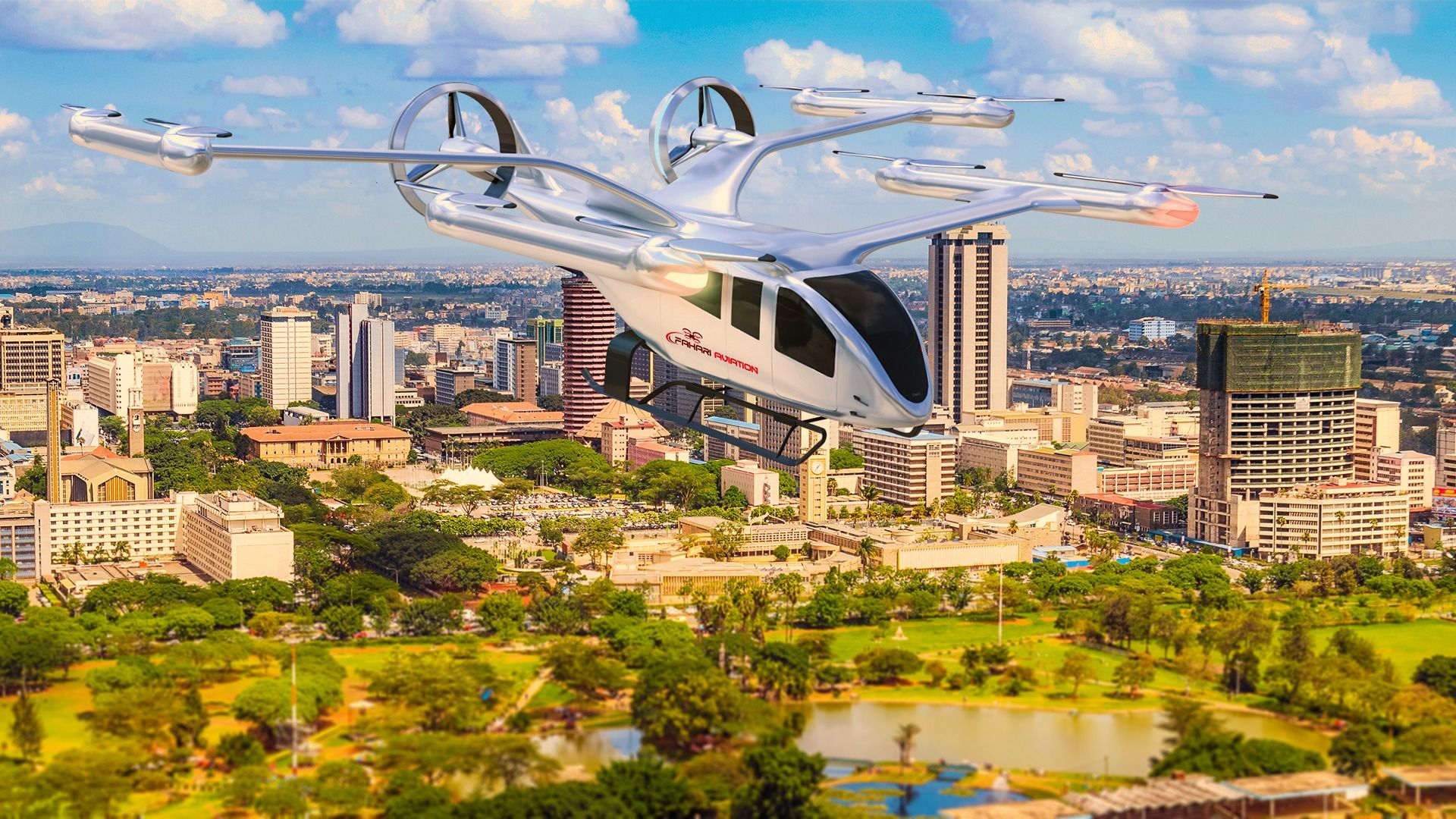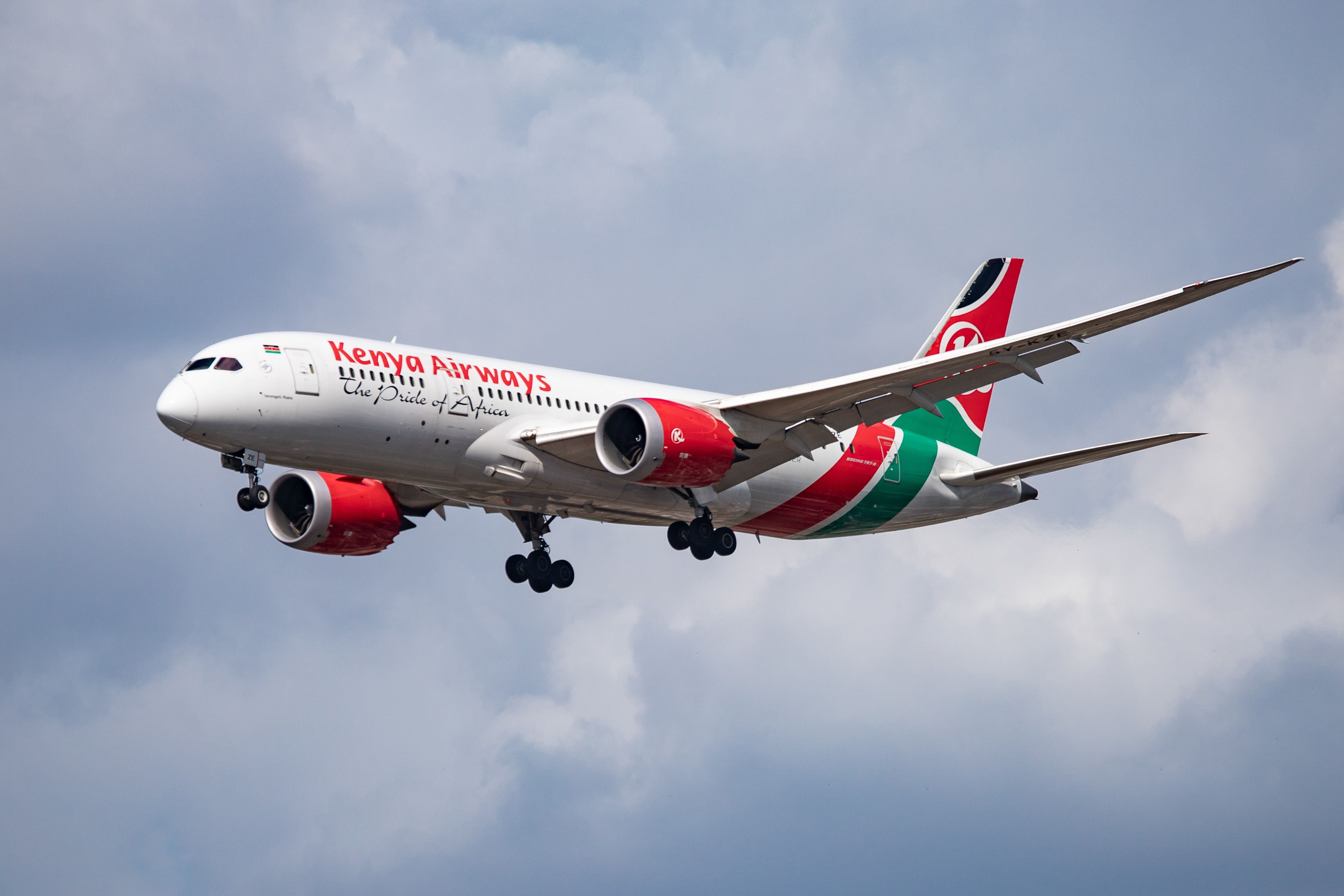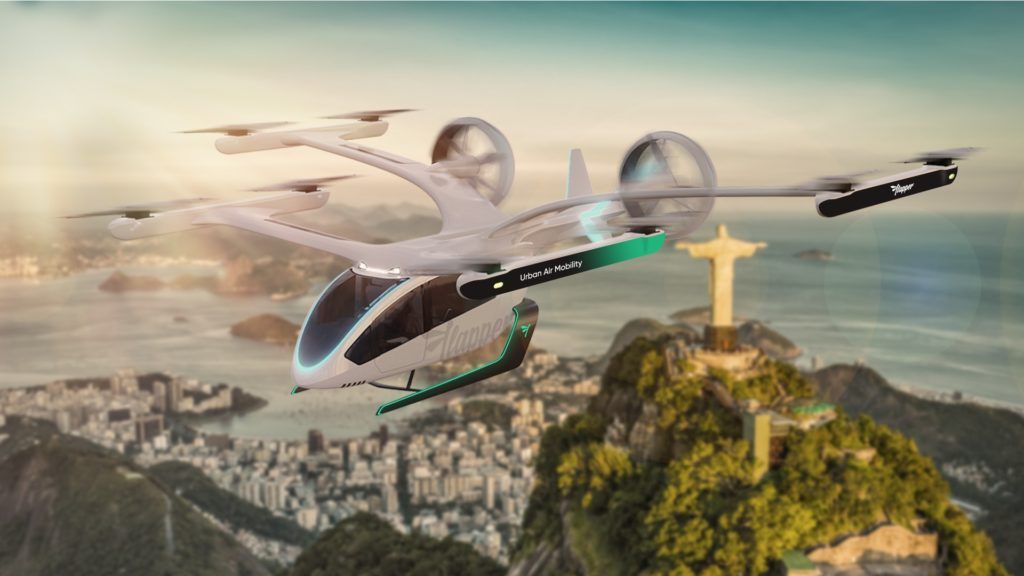Embraer's electrical vehicle take-off and landing vehicle (eVTOL) subsidiary, EVE, has signed an agreement with Kenya Airways' subsidiary, Fahari Aviation. The Letter of Intent is for up to 40 eVTOLs, with deliveries to commence in 2026. The project is intended to develop and scale the urban air mobility (UAM) landscape in Kenya and includes joint studies as well as a business model for cargo drone operations.
Large number of applications for sustainable development
The eVTOL market is slowly and steadily expanding as we inch closer to the urban - and not only - mobility of the future. Imagine silently and sustainably gliding between tall buildings in one of the largest cities on a continent or rangers protecting wildlife without bothering the animals they are tracking with noise and pollution. This could be the future in Kenya, further advanced by Tuesday's announcement between Embraer Eve and Kenya Airways.
Allan Kilavuka, Group Managing Director and Chief Executive Officer, Kenya Airways, commented on the joint project between the two companies,
“Urban air mobility is the future of transport and we are honoured to be the champions of this in the region. The journey to realise the dream of eVTOL vehicles in Kenya is on course, and the partnership with Eve is a key achievement for us as part of the strategy to adopt new technologies as a growth strategy for the sustainable development of Africa.”
Splendid partnership
Fahari is a primarily female Swahili name that means Splendor. Fahari Aviation, a wholly-owned subsidiary of Kenya Airways, has been focusing on innovative and sustainable solutions to address different issues, such as traffic jams, sightseeing, parcel delivery, agriculture, and wildlife protection. It makes sense that it would partner with the innovation subsidiary of another long-standing aviation industry company. Kenya Airways and Embraer also have a robust relationship, with the E190 the airline's most utilized aircraft type following the pandemic.
There is a growing number of companies intent on making UAM a reality. While there are exciting startups within the eVTOL ecosystem, the more experienced OEMs have also thrown their hat in the ring. While they are thus far not the best selling of the models about to enter the market, they may have a leg up on newer players due to their extensive experience in certification processes.
Succesful eve-olution
Having formed partnerships with several operators across the globe, Embraer's Eve eVTOL is currently undergoing a certification process in Brazil and is scheduled to enter service in 2026. Andre Stein, co-CEO of Eve, commented on the latest agreement with Fahari Aviation,
“This is a new chapter of the Eve and Fahari Aviation partnership to strengthen both companies’ commitment to establishing the foundations that will sustainably support the ecosystem for urban air mobility in Kenya. Last year, we announced a collaboration to develop operational models for Fahari Aviation’s key markets, and today’s announcement confirms that it is evolving successfully.”
Do you think the African market is well-suited to the urban air mobility market? Do you have a favorite eVTOL out of the concepts out there? Leave a comment in the section below and join the conversation about the future of aviation.



